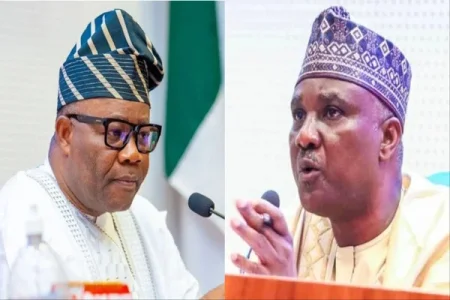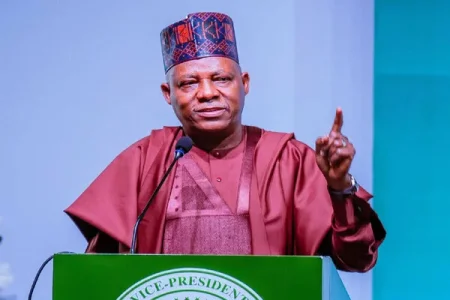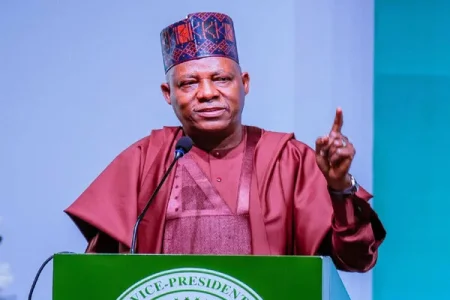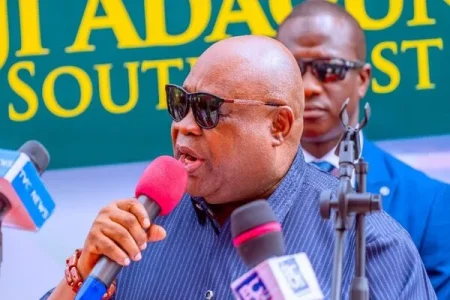
SERAP has filed a lawsuit against Senate President Akpabio and House Speaker Abbas, challenging the legality of lawmakers' allowances and running costs. The group demands transparency and adherence to the Nigerian Constitution, arguing that the current practices violate legal provisions governing legislative compensation.
The Socio-Economic Rights and Accountability Project (SERAP) has taken legal action against Senate President Godswill Akpabio and House of Representatives Speaker Tajudeen Abbas, focusing on the controversial issue of lawmakers’ allowances and running costs. SERAP's lawsuit, filed at the Federal High Court in Abuja, calls for transparency regarding the financial entitlements of Nigeria's legislators.
Kolawole Oluwadare, the Deputy Director of SERAP, emphasized the group's demand for an order compelling Akpabio and Abbas to disclose the exact monthly running costs provided to lawmakers, along with details on how these funds are spent. SERAP argues that the current practice of legislators determining their allowances is unconstitutional and lacks proper oversight.
The lawsuit draws attention to paragraph N, section 32(d) of the Third Schedule of the Nigerian Constitution, which prohibits the National Assembly from unilaterally fixing its salaries, allowances, and running costs. This legal move follows recent public outcry, including remarks from former President Olusegun Obasanjo, who criticized the practice of lawmakers allegedly setting their compensation packages, which he claimed deviates from the recommendations of the Revenue Mobilisation Fiscal Allocation Commission (RMAFC).
The issue has been further fueled by recent claims from Senator Abdurrahman Kawu Sumaila, who disclosed that senators receive a monthly running cost of N21 million. This revelation has ignited public debate, with former Senator Shehu Sani expressing vindication over his previous criticisms of the legislative expenses.
SERAP's lawsuit seeks to bring an end to what it views as an unlawful and opaque financial arrangement within Nigeria’s legislative arm.




